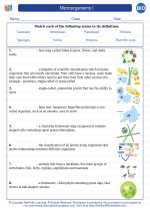Volcanoes
A volcano is a rupture in the crust of a planetary-mass object, such as Earth, that allows hot lava, volcanic ash, and gases to escape from a magma chamber below the surface.
Types of Volcanoes
There are different types of volcanoes including:
Volcanic Eruptions
Volcanic eruptions can be explosive or effusive, and they can result in various hazards such as lava flows, ashfall, pyroclastic flows, and volcanic gases.
Volcanic Features
Volcanic features include craters, vents, and various landforms created by lava and other volcanic materials.
Studying Volcanoes
Studying volcanoes involves understanding the processes that lead to volcanic eruptions, monitoring volcanic activity, and assessing the hazards associated with volcanoes.
Study Guide
To study volcanoes effectively, it is important to:
- Understand the different types of volcanoes and their characteristics
- Learn about the causes and triggers of volcanic eruptions
- Explore the various hazards associated with volcanic activity
- Examine the impact of volcanic eruptions on the environment and human societies
- Review the methods used to monitor and predict volcanic activity
Additional resources such as geological maps, case studies of specific volcanic events, and scientific articles can provide valuable insights into the study of volcanoes.
Remember to always prioritize safety when studying or observing volcanic activity, and seek guidance from experienced professionals when conducting research or fieldwork related to volcanoes.
[Volcanoes] Related Worksheets and Study Guides:
.◂Biology Worksheets and Study Guides High School. Microorganisms I
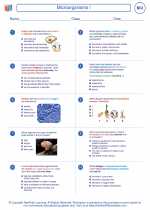
 Worksheet/Answer key
Worksheet/Answer key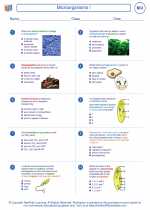
 Worksheet/Answer key
Worksheet/Answer key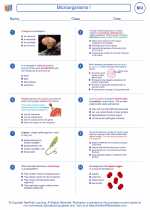
 Worksheet/Answer key
Worksheet/Answer key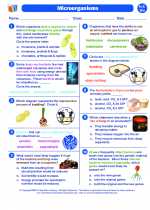
 Vocabulary/Answer key
Vocabulary/Answer key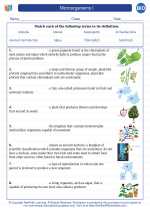
 Vocabulary/Answer key
Vocabulary/Answer key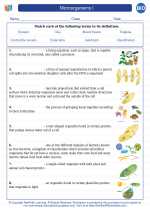
 Vocabulary/Answer key
Vocabulary/Answer key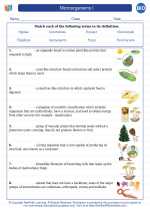
 Vocabulary/Answer key
Vocabulary/Answer key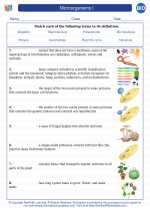
 Vocabulary/Answer key
Vocabulary/Answer key